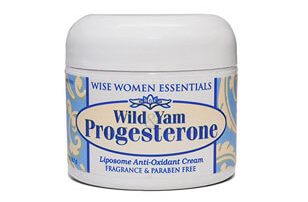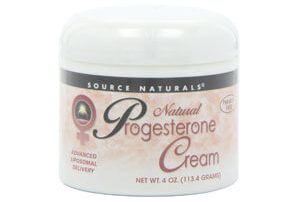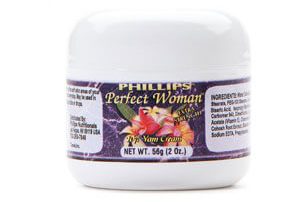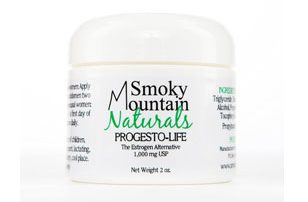Progesterone Cream For The Treatment Acne
Progesterone is a female hormone which is produced in the adrenals and in the ovaries. It regulates the menstrual cycle, insulin as well the thyroid. If estrogen level is higher in relation to progesterone, it may create some problem. The correct ratio of progesterone and estrogens prevents 5-alpha-reductase from processing testosterone into DHT thus preventing hormonal acne.
How does progesterone cream work to treat acne in women
Progesterone Cream For Acne helps in situation where the patient has abnormal androgens and estrogen levels. Women may have hormonal fluctuations during premenstrual periods and this has some impact on their skin, usually causing acne. In such cases progesterone creams for acne have shown good results. For women in their forties, it can help to go for the treatment as the androgen level tends to be high during this phase. However, such assumptions cannot be generalized and can only be evaluated by undergoing a comprehensive hormone lab tests. Hormone tests are quite costly and you need to confirm with your health insurance company whether they cover such diagnosis.
Depending on the products you are using, the treatment for women can be based on their menstrual cycle. Typical treatment using Progesterone Cream For Acne is 14 days on and 14 days off the cream. Treatment must be started on the 14th day of menstrual cycle and last until the start of next cycle which is typical in 14 days. It is fine for people with a regular 28 days cycle. A little inconvenient to manage for those having an irregular cycle.
Benefits and advantages:
- Dramatic improvement on acne. In some cases, painful acne disappeared overnight
- Rapid actions
- Regulates menstrual cycle, insulin and prevent estrogen dominance.
- Easy absorption and can be applied to neck, face, stomach, thighs and arms.
Possible side-effects or inconvenience with Progesterone Cream For Acne:
- Weight gain due to use of such creams
- Possible Fat accumulation
- Possible allergic reactions or sensitivity to ingredients used in the creams.
- Treatment relies on menstrual cycle which can be an inconvenience for women having an irregular cycle.
- If application of the products is not stopped after the new cycle start, it may interfere with future ovulation cycles.
The most common symptoms associated with low progesterone:
- Acne and/or pimples
- low sex drive
- Sore breasts
- Constipation
- Insomnia
- bloating
- Headache
- muscle and joint pain
- food cravings
- Lack of concentration
- Mood swing
- Anxiety
- Depression
- Premenstrual syndrome
Alternative acne treatments and tips:
- Glycolic acid facewash
- Manuka honey
- Balanced diet
- Organic/bio foods
- Vitamins supplements
- Less stress
- Vitex agnus-castus
- Chasteberry







